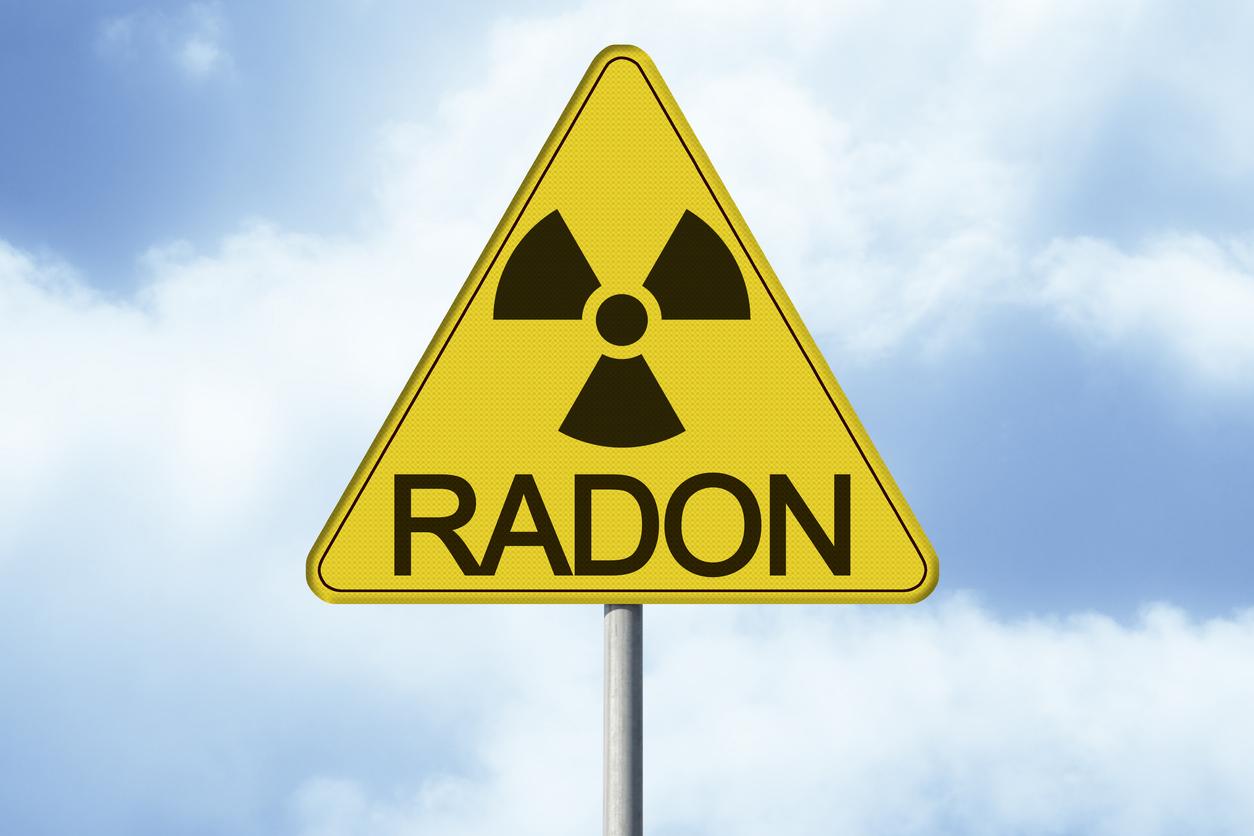The atmospheric pollution alters the size of children’s telomeres, according to rresults of a study published in the medical journal Environment International. Telomeres are specialized sections of DNA that faithfully copy chromosomes during cell division. However, with each cycle, telomeres shorten, leading to a gradual loss of genomic stability. Shortened telomere length has been associated with Cancer and to heart diseaseto cognitive declineaging and premature death.
Researchers at Columbia University’s Mailman School of Public Health in the United States conducted a study before and after the 2004 shutdown of a coal-fired power plant in Tongliang, China to assess the impact of pollution on the children’s health.
Pollution reduces telomere length
Scientists analyzed telomere length in the umbilical cord blood of 255 newborns, half of whom were born before the plant closed. In babies born before the shutdown, researchers found higher levels of a biomarker of exposure to polycyclic aromatic hydrocarbons, a toxic component of air pollution from coal-fired power plants. These high levels in cord blood have been linked to shorter telomeres, as well as lower levels of a protein involved in neuronal growth.
“An individual’s birth telomere length is known to influence disease risk decades later in adulthood,” says Tang, professor of environmental health sciences at the Mailman School. “Further follow-up is needed to assess the role that telomere length plays in health outcomes in the context of early exposure to air pollution.”
Read also:
Air pollution: it reduces the weight of babies at birth
Infographic: all you need to know about air pollution
Air pollution affects children’s memory
















